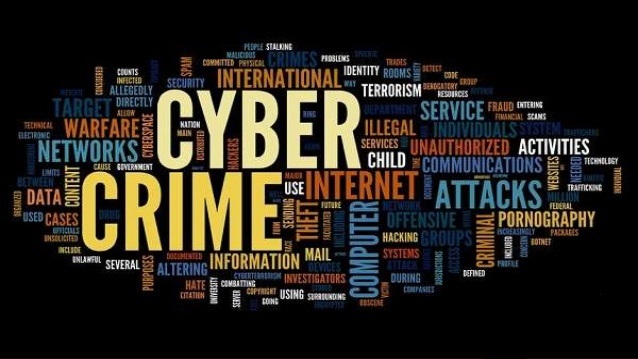
Cyber-attacks has gone to the next level recently .We have seen some huge attacks, including multi-million dollar virtual bank heists, overt attempts to disrupt the US electoral process by state-sponsored groups, and some of the biggest distributed denial of service (DDoS) attacks on record powered by a botnet of Internet of Things (IoT) devices.
Cyber Crime is a global problem, it is not only the amount of loss it is causing but the ease with which it can be committed across borders without any geographical constraints. Jurisdiction is the major hurdle to successfully prosecute such criminals, as evidence may be in some other country with its own laws. Cybercriminals are international criminals, and thus need special laws and legislation which can deal with jurisdiction issues..The jurisdictional problem of cybercrime manifests itself in three ways: lack of criminal statutes; lack of procedural powers; and lack of enforceable mutual assistance provisions with foreign states.
Most of the countries are either without cybercrime laws or don’t have updated and effective cybercrime statutes. India has an alarming cybercrime rate.According to the Indian Computer Emergency Response Team 27,482 cases of cybercrime were reported from January to June 2017. Cybercrime rate from January- June of 2017 in India is one cybercrime after every 10 minutes. The rate of conviction of cyber criminals is just 0.3%.This is mainly because of lack of criminal statutes and also no implementation of Information Technology Act, 2008 by authorised officials.
2. Lack of Procedural Powers To investigate
High-tech resources and procedural tools are required for proper investigation for cyber crimes. India lacks both of these. There are no documented procedures for searching, seizing digital evidence and operating procedures for forensic examination of digital evidence .India also need to collect more resources towards fighting cybercrime in terms of updating cyber security cells using state of the art technology and regular training of officials
3. Lack of enforceable mutual assistance provisions
Although India has not updated its cybercrime statutes, it has adequate criminal statutes and standard procedures are followed by investigating agencies, but still it is not possible to convict a cyber-criminal if cybercrimes moves beyond the boundaries of the country,mainly because host and victim are usually in multiple jurisdictions.
- INDIAN RELUCTANCE AND PERSUASION
India amended its Information Technology Act in 2008 to make it nearer to the provisions of Budapest convention, but still has not so far signed the convention and continues to be a non-signatory to the Budapest convention on cybercrime. India is reluctant to join giving following reasons:
- India feels that convention is not in accordance to country’s needs.
- Violation of Sovereignty Article 32b of the Budapest convention is one major reason .
Cyberspace is a free flowing, borderless and not guarded by local geographical constraints. These crimes can’t be tamed by local laws. India to counter Cybercrime has engaged itself in various bilateral agreements like cyber agreement with Russia and a framework agreement with the US, resent visit of prime minister of India Mr. Modi to Israel to sign Indo Israel cybercrime treaty.India should adopt a multilateral treaty which will harmonize its laws by a common criminal policy, and deal with international co-operation for fighting cybercrimes at global level.
Article By – Ashi Kaim